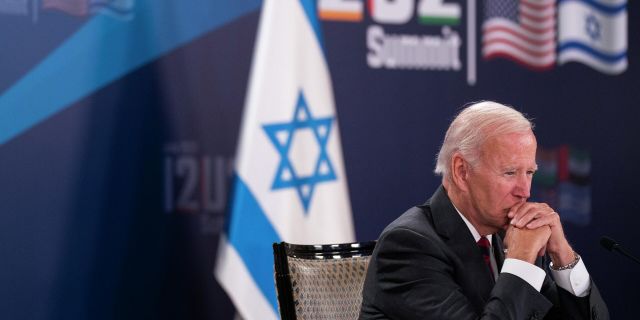The US hegemony was an anomaly in history, writes Al Khaleej. A stable environment has formed in the Middle East, opposing American expansion at the expense of Arab interests. Russia, which has built strong relations with the countries of the Persian Gulf, is playing an increasingly important role here.
Yousef Makki
The Cold War divided the Arab world. The reality was that the international conflict in the region took place not only between two camps — capitalist and socialist — but also had its own variations within each of them. The Arab world has witnessed intense competition between British and American oil companies. It has had a direct impact on the political processes in Arab countries, even those that have long maintained friendly relations with the West.
The Arab world has split into two parts: the allies of the West and the allies of the East. This has had a negative impact on Arab solidarity and unity of national positions on key issues. The "Centers of the Arab Renaissance" suffered the most from this split, the consequences of which included political, economic and even social aspects.
The fall of the Berlin Wall in 1989 and the subsequent collapse of the socialist camp created new precedents in international politics. Of the two global poles of power, only one remains – the United States of America.
Changes in the international balance of power and the establishment of American hegemony could not be achieved without wars. Most of them came from the Arab world. The United States has become a land of darkness and evil. The American administration invested a huge amount of money in Iraq's invasion of Kuwait, decisively putting an end to any remaining doubts about its sole leadership of international politics.
President George H.W. Bush once said that the United States dominated the second half of the 20th century and that the 21st century should be the same. But for the realization of a dream, one desire is not enough. American hegemony could not last long. Its sole domination is an anomaly in history.
Strikingly, the first act of defiance came from the very heart of NATO. France, an ally of Washington, in 2003 threatened to use its veto power against any UN Security Council resolution that would allow America to occupy Iraq.
Despite the fact that Russia began to gain strength and gradually return to the international arena, at the beginning of this century it seemed that it could not compete with the United States. As for China, it has made a historic leap in building up economic power. The volume of foreign trade with America at that time was more than 25% of the country's foreign trade turnover. Beijing had no desire to provoke the American Yankees and endanger its interests. Iraq was occupied without much objection from the international community. However, this step was a signal for the Arab rulers and peoples. They realized that the United States could not stop and do the same with other Arab countries. All this contributed to the formation of a popular and official Arab environment opposed to American expansion at the expense of Arab national interests and security.
It took only a few years before the hurricane of the so-called "Arab Spring" began to spread from Tunisia to Egypt, Libya and Syria. The "Arab Spring" has led to significant changes, and its negative consequences are still being felt.
As soon as the hurricane of the "Arab Spring" subsided a little, the administration of Russian President Vladimir Putin began to play a more effective role in international politics. Its military operation in Syria helped defeat terrorist groups. Russia has begun to play an important role in the Arab region. It began to cooperate with Arab States that previously had no ties with the Soviet Union by exporting weapons and deepening trade relations. The Putin administration has built good relations with the countries of the Persian Gulf, giving them more freedom to maneuver in a world gripped by conflicts and competition.

